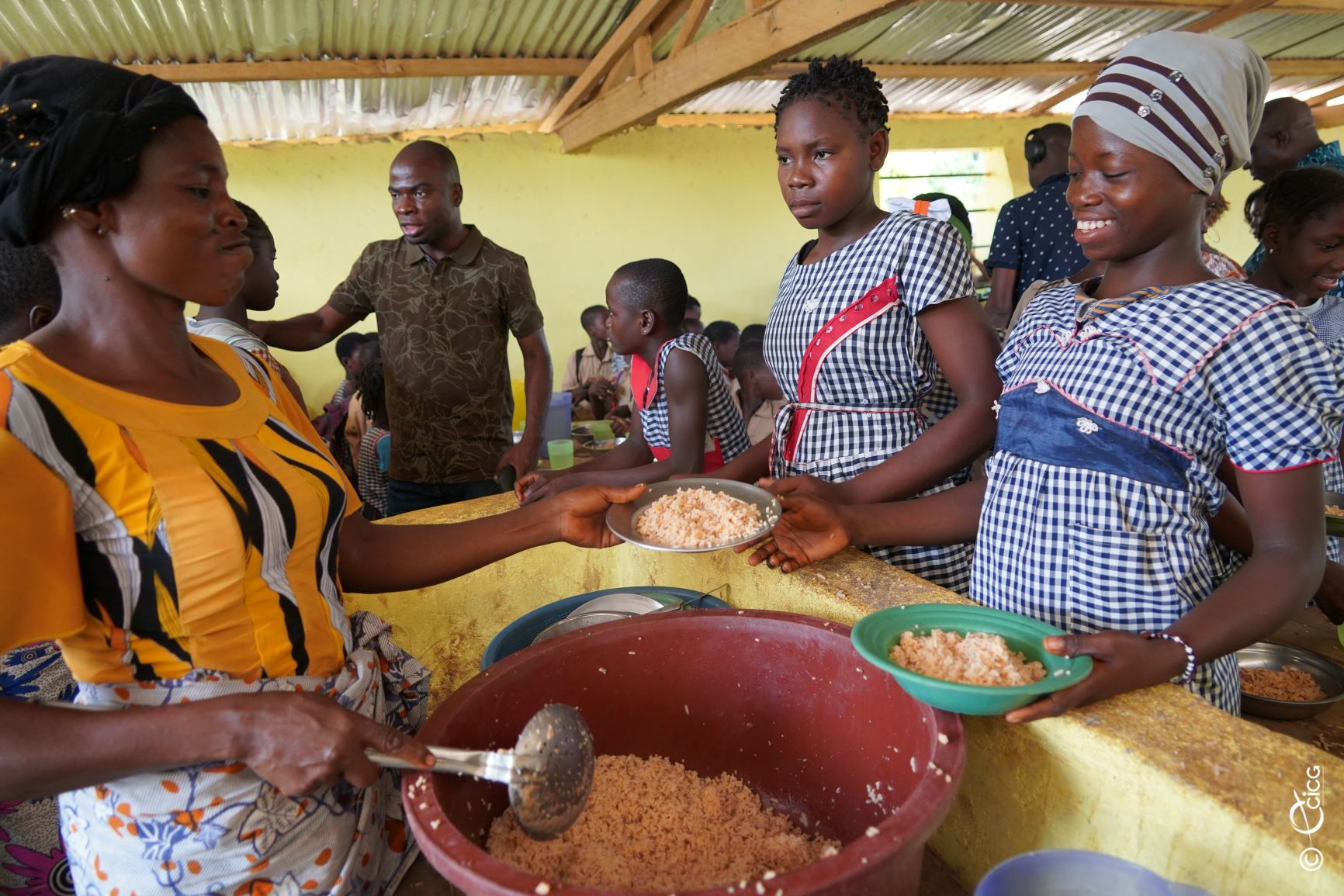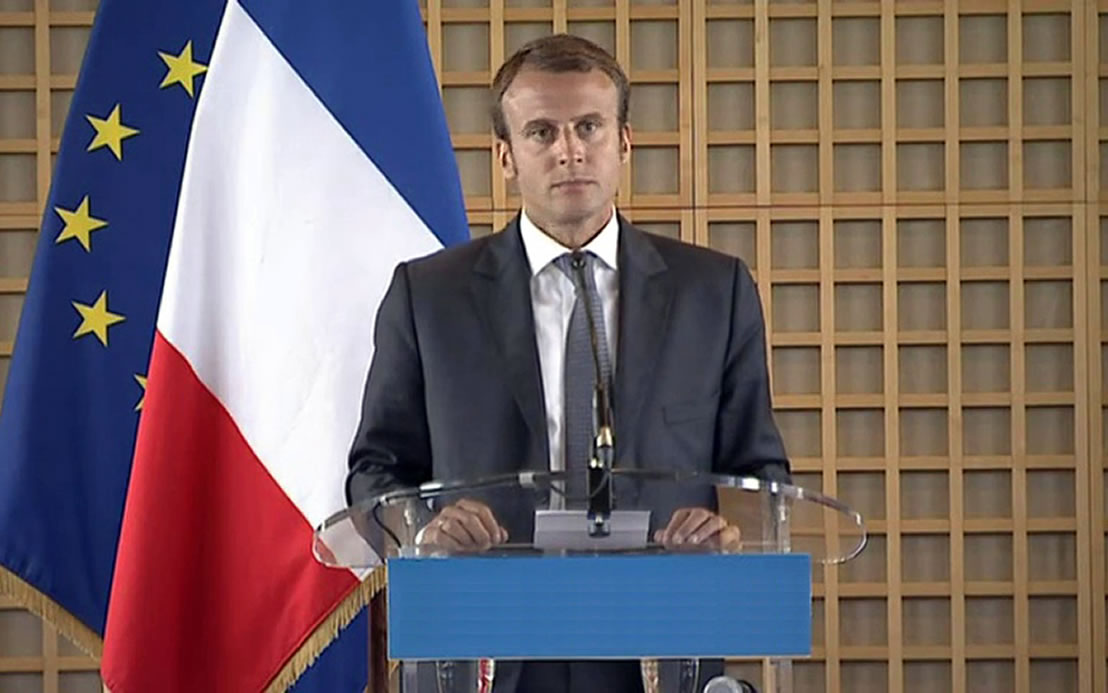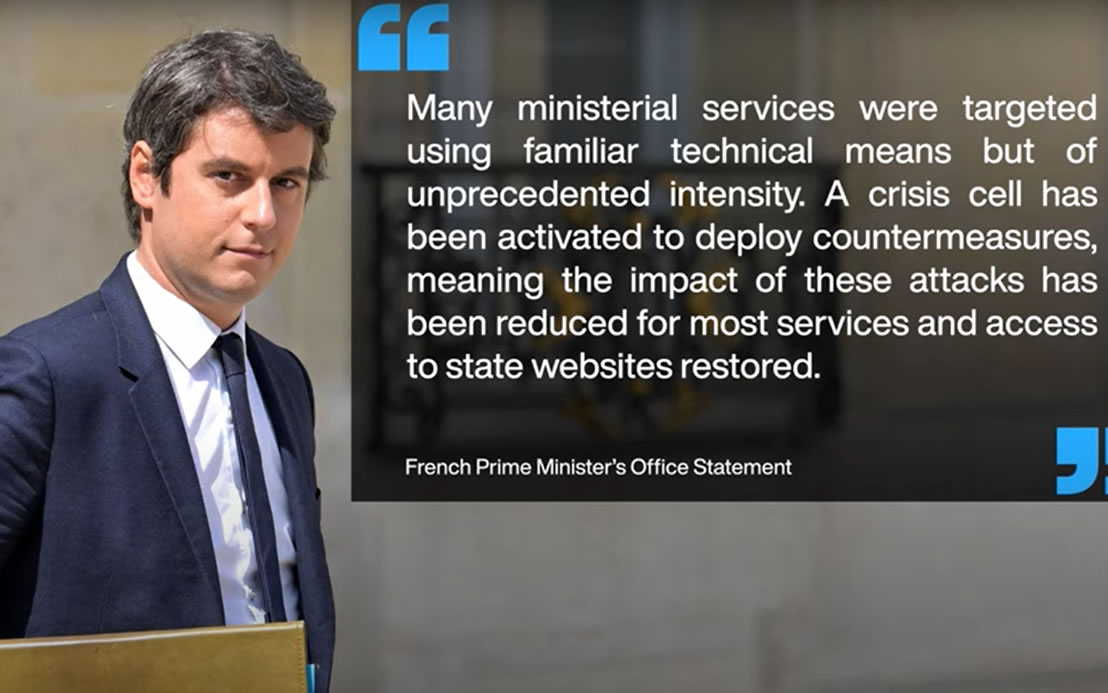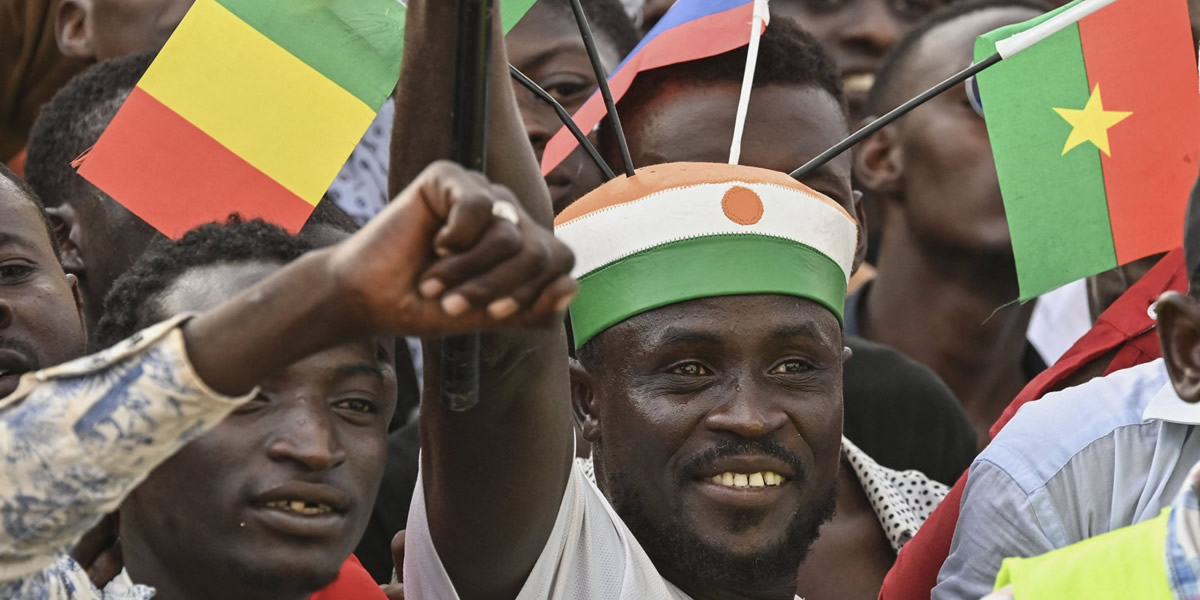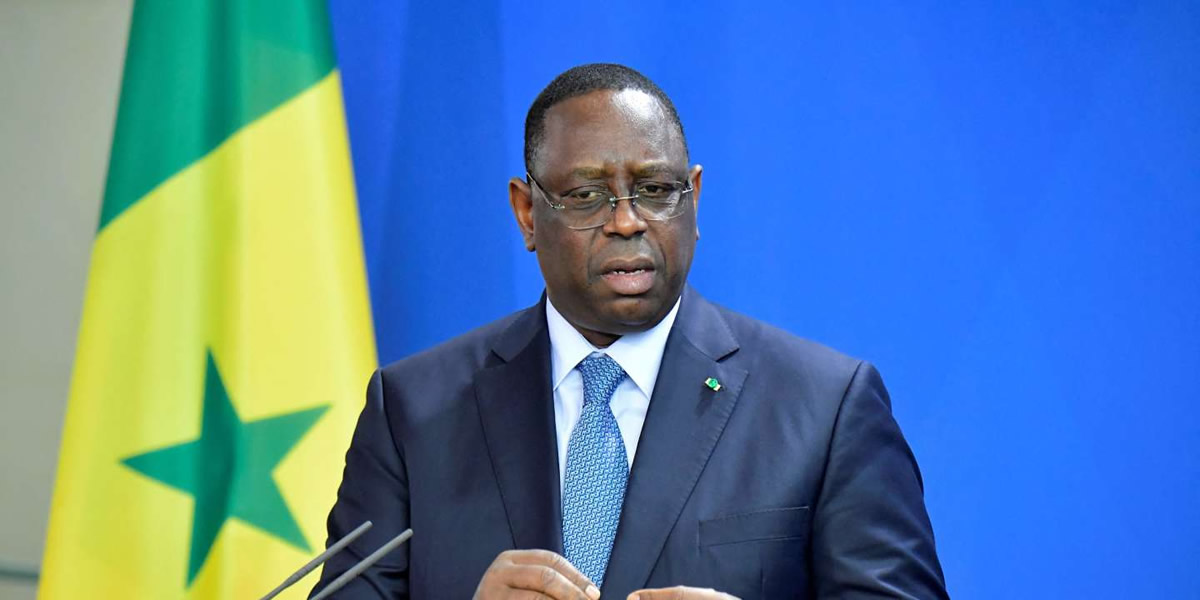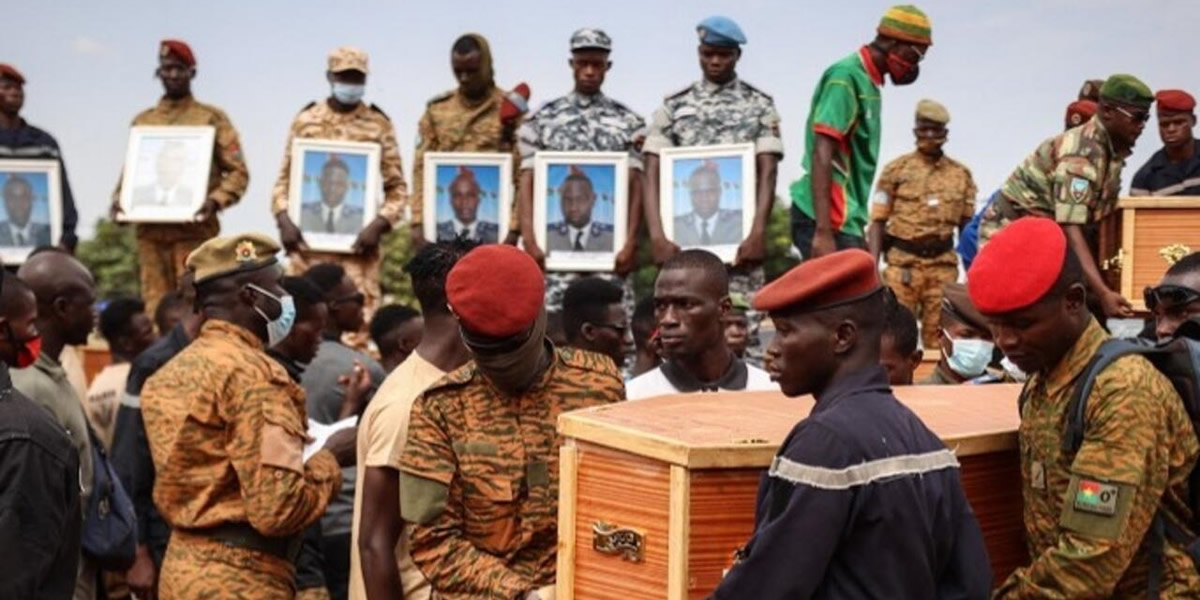Chadian Military Response to Boko Haram Attacks Explained
The Chadian government recently addressed rising concerns about its military operation against Boko Haram in the Lake Chad Basin. Allegations surfaced suggesting that the Chadian forces targeted civilians, particularly fishermen, during their campaign. However, officials have strongly refuted these claims, emphasizing their mission's precision in targeting only Boko Haram-affiliated groups and ensuring the safety of local populations.
Chad's complex and challenging fight against Boko Haram involves strategic military maneuvers across the volatile Lake Chad region. With concerns from local communities and neighboring Nigeria, understanding the true dynamics and objectives of the Chadian military’s response to Boko Haram in Lake Chad becomes crucial. Below, we dive into Chad’s military stance, local accusations, the government's counterclaims, and the broader context of this ongoing regional conflict.
Background: Understanding Chad’s Military Response to Boko Haram
In recent years, Chad has faced persistent threats from Boko Haram, a violent extremist group destabilizing the Lake Chad region. Boko Haram’s attacks on military and civilian targets in Chad, Nigeria, and other neighboring countries have caused immense suffering, displacing millions and threatening security. Responding to these attacks has required intense counter-terrorism efforts, with Chad leading multiple operations to suppress Boko Haram’s reach.
The Chadian military’s response to Boko Haram in Lake Chad has involved coordinated attacks on suspected Boko Haram positions, aiming to prevent the group from regrouping or spreading further across borders. President Mahamat Déby and Prime Minister Abderahim Bireme Hamid, both vocal about the need for decisive action, assert that their military actions are critical to dismantling Boko Haram’s operations and securing the region.
Accusations of Civilian Targeting in Lake Chad Operations
The current operation against Boko Haram in Lake Chad, known as Operation Haskanite, took a controversial turn when reports surfaced accusing Chadian forces of mistakenly targeting civilians. According to fishermen and local militias, a Chadian fighter jet allegedly dropped bombs on the island of Tilma, resulting in the deaths of numerous fishermen. This accusation, widely reported, fueled fears and doubts among the local population and ignited concerns across the Lake Chad Basin.
In response, the Chadian government has denied these claims, stressing the disciplined nature of their military operations. Government spokesperson Abderaman Koulamallah released a statement denying any intentional targeting of civilians, affirming that Chadian forces are strictly focused on neutralizing Boko Haram and its affiliates.
Despite these assurances, local accounts continue to circulate, with fishermen and their families mourning lives lost in the recent attacks. The tension between the government’s stance and local accusations has cast a shadow on the campaign’s credibility, prompting the international community to call for a clearer understanding of Chad’s military response to Boko Haram.
Chadian Government’s Response: Emphasis on Civilian Safety
The Chadian government’s position on their military response to Boko Haram in Lake Chad is clear: they are operating with caution, discipline, and an emphasis on avoiding civilian harm. Government spokesperson Abderaman Koulamallah highlighted that the anti-terror operation is targeted solely at identified jihadist groups. According to Koulamallah, military actions are planned with meticulous care to prevent collateral damage and maintain the safety of local populations.
Prime Minister Abderahim Bireme Hamid reiterated this stance, stating that the operation's primary goal is to “track down, flush out, and destroy” Boko Haram’s capacity to threaten civilians. Hamid emphasized that the Chadian military is working to secure “peaceful populations” and minimize any adverse impacts on local communities.
For Chad, the fight against Boko Haram in Lake Chad is a delicate balancing act, as they strive to neutralize terrorist threats without alienating or harming the very civilians they aim to protect. The Chadian government’s commitment to this cause remains firm, and they continue to deny reports of civilian targeting.
Contextualizing the Operation: Regional Security and Boko Haram’s Threat
To fully understand Chad’s military response to Boko Haram in Lake Chad, it is essential to recognize the broader context of regional security challenges. The Lake Chad Basin, spanning Nigeria, Chad, Niger, and Cameroon, is a hotspot for Boko Haram activity, with militant groups frequently exploiting the region’s porous borders to launch cross-border attacks. Chad’s proximity to Nigeria, where Boko Haram is primarily based, has made it a frontline state in the fight against extremism in Central and West Africa.
The operation was launched after a recent Boko Haram attack that targeted a Chadian military base, resulting in around 40 casualties. For the Chadian government, this assault reinforced the need to respond with force and prevent future incursions. In this context, Operation Haskanite is part of Chad’s broader strategy to fortify its borders and combat terrorism, a mission that Chad’s leadership deems crucial for the safety of its citizens and the stability of the region.
The international community is watching Chad’s military response closely, with neighboring countries both supportive of the anti-terror efforts and concerned about the potential for civilian casualties. Chad's role as a regional power in counter-terrorism places significant responsibility on its military operations to be effective while upholding humanitarian principles.
The Road Ahead: Balancing Security and Civilian Protection
Moving forward, Chad faces the challenge of balancing its mission to eradicate Boko Haram with the need to protect civilians and maintain trust with local communities. While the government’s official stance is firm in denying civilian casualties, maintaining transparency and addressing local grievances will be crucial for sustaining the operation’s legitimacy.
For civilians in the Lake Chad Basin, the threat of Boko Haram is real, and the need for security is paramount. However, their safety also depends on operations being conducted with precision, transparency, and accountability. As Chad continues its military response to Boko Haram in Lake Chad, the international community, local populations, and human rights organizations are likely to call for regular updates and assurances that civilians remain protected throughout the campaign.
In the broader context of counter-terrorism in Central Africa, Chad’s efforts to secure the Lake Chad region stand as a significant test of the nation’s military capabilities and its commitment to civilian safety. For now, Operation Haskanite remains active, with the Chadian government reaffirming its objective to eliminate Boko Haram while prioritizing the welfare of peaceful populations in the region.






